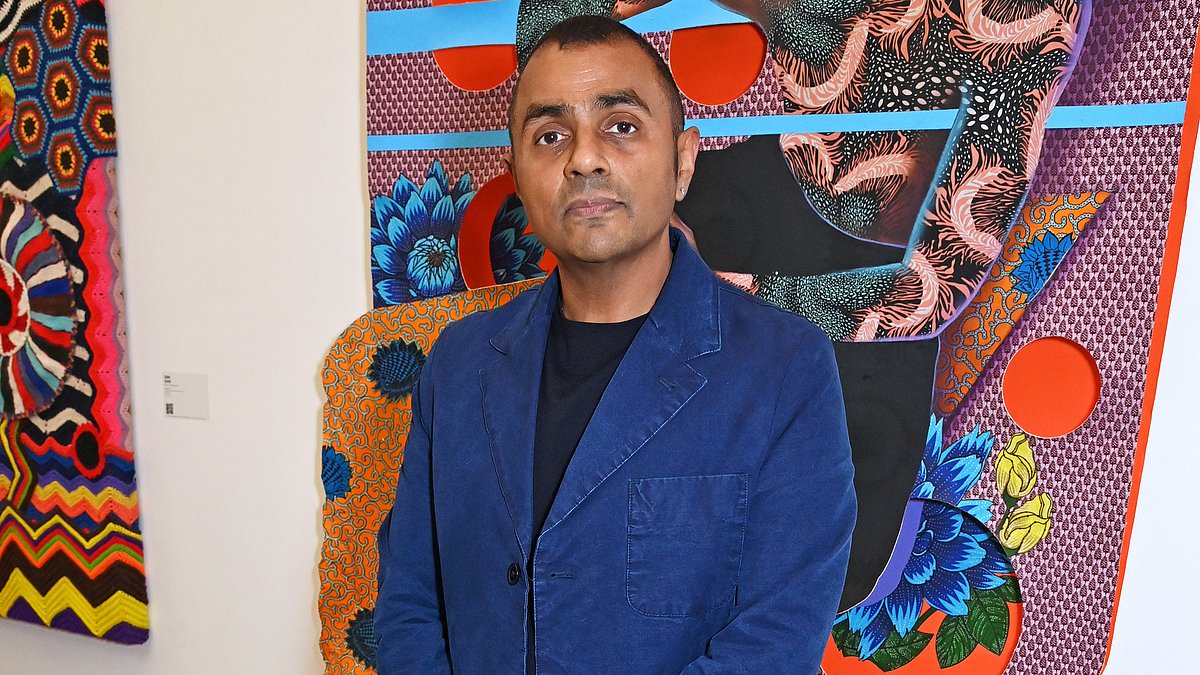Sir Keir Starmer has been dragged further into a cronyism row, after it was reported that a millionaire TV mogul who donated half a million pounds to the Labour party has now been given ‘unrestricted’ access to Downing Street.
Lord Waheed Alli, the first openly gay peer in the House of Lords, was given a security pass to Number 10, allowing him unrestricted access to the heart of power in the UK.
Lord Alli led the fundraising charge for the Labour Party in the leadup to the election, and has himself donated hundreds of thousands of pounds. He has also provided clothes and accommodation for Sir Keir himself.
But his unfettered access to Downing Street has raised eyebrows in Whitehall, the Sunday Times reports. It is rare for donors to receive a pass for Number 10, with access usually being restricted to civil servants, advisers and close family members of the Prime Minister.
A civil service source told the newspaper that decision to give Alli a pass was a mystery to everyone in Downing Street, save for the donor himself and whoever granted it.
Speaking to Sky News on Sunday, Cabinet minister Pat McFadden said that, while Lord Alli may have had a pass ‘for a short time’ immediately after the election, he no longer has one.
He said: ‘I don’t think it’s unusual for people to have passes to attend political meetings if they need to do so.
‘I don’t think he’s got the pass now but he may have had one in the past.’
There is no suggestion that Lord Alli has broken any rules. But it comes amid a growing row over jobs in the Civil Service being given to Labour donors.
Ian Corfield, who has donated £20,000 to the party over the past decade, including £5,000 to Chancellor Rachel Reeves, was given a temporary job as the Treasury’s director of investment.
On Saturday, it emerged that Mr Corfield would now be working as an unpaid adviser rather than a salaried civil servant, and the Conservatives urged the Prime Minister’s ethics adviser to investigate his appointment.
Others with ties to Labour or Labour-supporting think tanks have also been appointed to Civil Service roles, prompting complaints from the opposition about the politicisation of the usually impartial bureaucracy.
